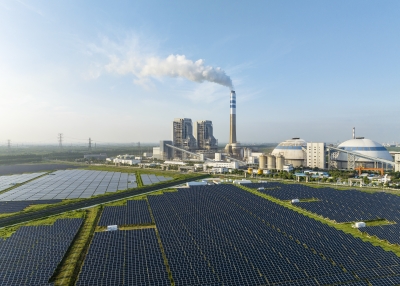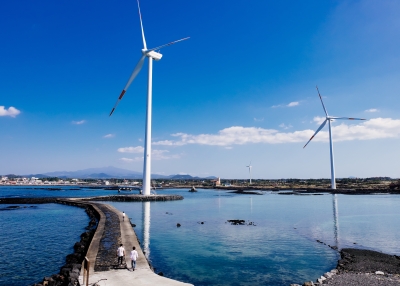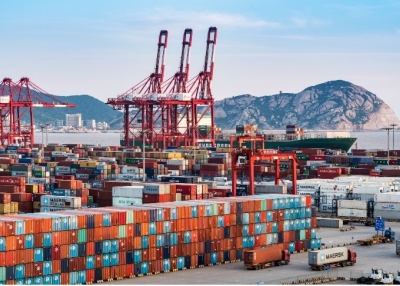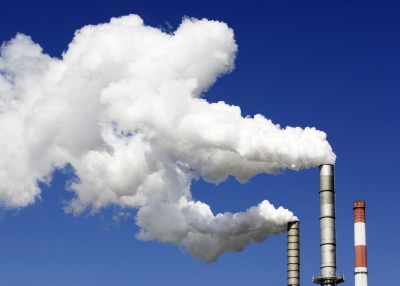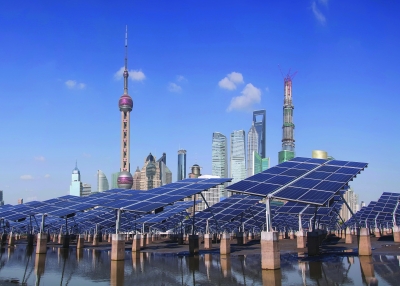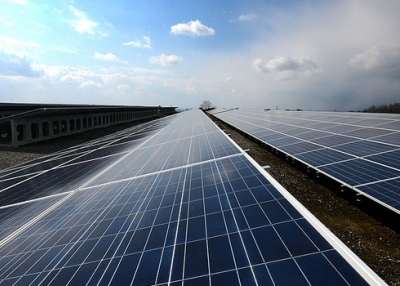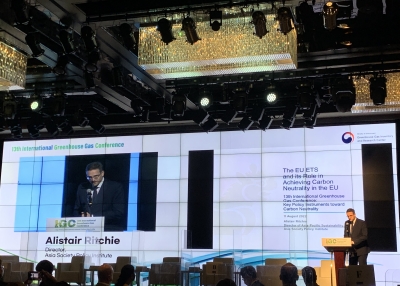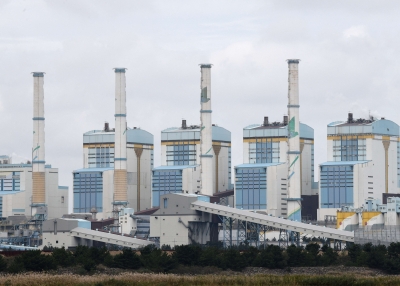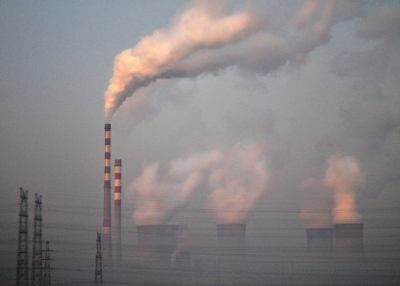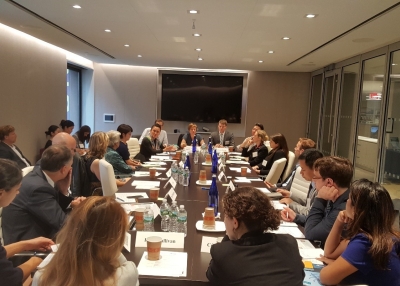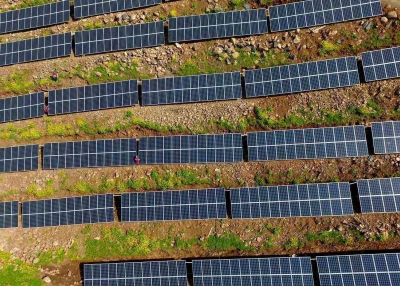Toward a Northeast Asia Carbon Market
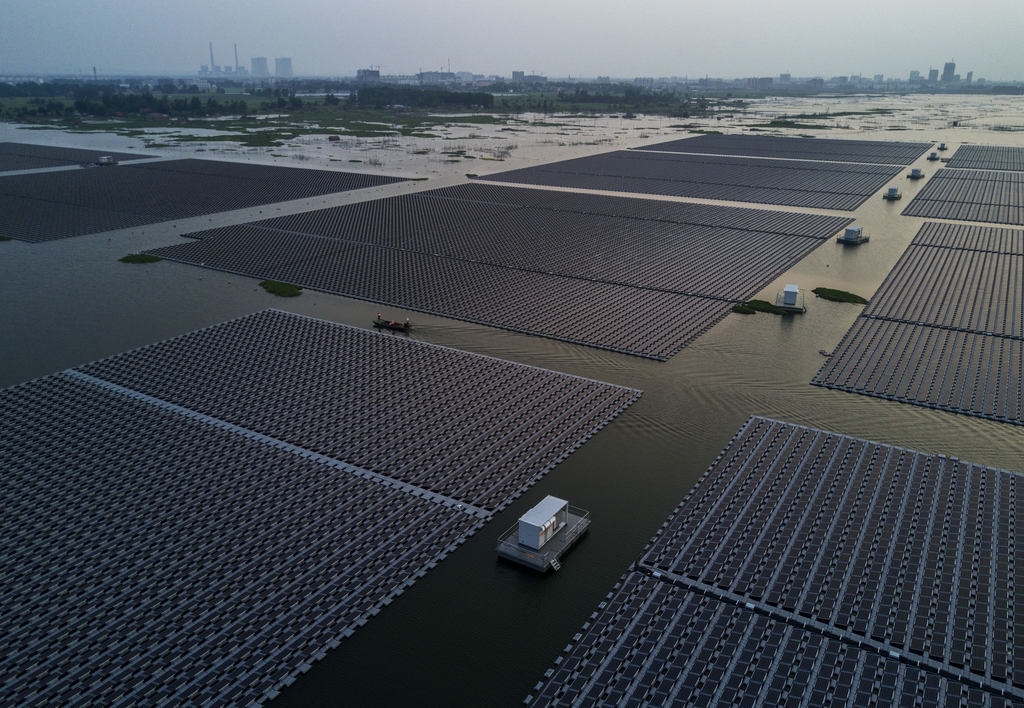
Climate change is a global challenge that transcends national boundaries. Accelerated sea level rise, intense heat waves, and unpredictable weather patterns are some of the negative impacts of climate change that destroy livelihoods, impede economic progress, and undermine the benefits of sustainable development. Slowing down and ultimately reversing climate change requires limiting anthropogenic greenhouse gas (GHG) emissions of major economies around the world.
Carbon pricing is an essential tool for reducing GHG emissions in a cost-effective way. Over 40 countries and 25 sub-national jurisdictions, accounting for about 25% of global GHG emissions, are using carbon pricing as part of their climate mitigation strategies. The Paris Agreement, adopted in December 2015, seeks to strengthen the global carbon pricing agenda by providing an international framework that supports flexible and nationally determined commitments to reduce GHG emissions. Article 6 of the agreement in particular, lays out the provisions to facilitate voluntary carbon market cooperation across jurisdictions to accelerate the implementation of the nationally determined commitments.
Guided by Article 6 of the Paris Agreement, The Asia Society Policy Institute (ASPI) initiative, "Toward a Northeast Asia Carbon Market" (NEACM), seeks to facilitate carbon market cooperation and deepen the carbon pricing agenda in Northeast Asia by steering timely and pragmatic policy ideas. Northeast Asia accounts for over 30% of global GHG emissions and more than one-fifth of the global economy and therefore, successfully linking these market would substantially impact international climate change mitigation. Additionally, China, Japan, and the Republic of Korea are in formative phases of domestic carbon market development, each pursuing carbon pricing through national and sub-national emissions trading system (ETS). By cooperating on their carbon pricing efforts, these countries can create new opportunities to reduce abatement costs and allow the countries to establish ambitious emissions reduction goals in the future.
Linking markets takes technical expertise, strategic vision, and diplomatic energy. It won’t happen overnight, and requires a series of preliminary steps and pilot initiatives to be successful. Through the NEACM initiative, ASPI is building a stakeholder coalition to lay the foundation on which Northeast Asia carbon market linkage can be built. The initiative’s first policy roundtable was convened on the sidelines of the Global Carbon Expo in May 2016 in partnership with the World Bank Networked Carbon Markets Initiative. The outcome of this dialogue was captured in the ASPI report, Roadmap to a Northeast Asia Carbon Market, which explores leading thoughts on carbon market linkage and argues that carbon market cooperation in Northeast Asia could significantly reduce GHG emissions in the region. In March 2017, ASPI convened a second policy roundtable in Hong Kong, with participation from international and regional policy leaders and carbon market practitioners that yielded a research agenda and helped shape a future action plan.
Through this initiative, ASPI will continue to host policy roundtables, spearhead the formation of a regional carbon market consortium and joint research initiatives, and offer public analysis on the importance of regional carbon pricing cooperation.
Strategic Partner:

